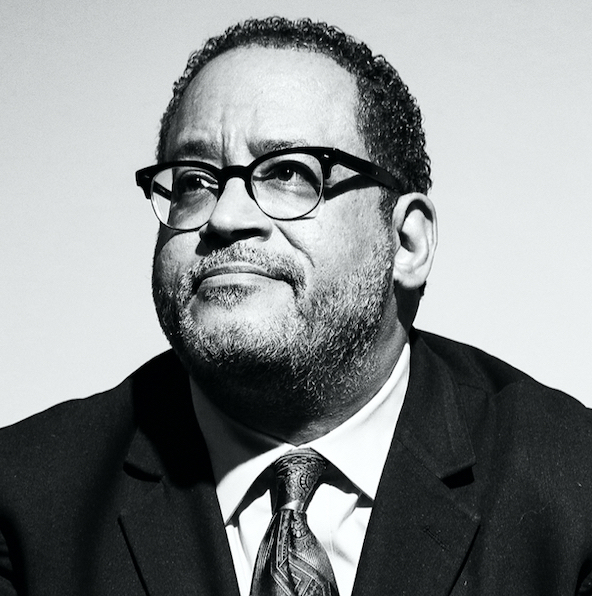Over the last several years in Philadelphia, we have witnessed the erection of the first monument to a Black man in our city, abolitionist Octavius Catto; the first mural to a legal and civic giant, A. Leon Higginbotham, Jr.; a community effort to rename a street from Taney — named for the Supreme Court justice who wrote the Dred Scott decision — for Caroline LeCount, Philly’s own Rosa Parks; and a school renamed from racist president Andrew Jackson to former slave-turned-educator Fanny Coppin Jackson.
Like these people, to me, the All Stars are the everyday folks who are doing the heavy lifting for their race and culture: Teachers, sanitation workers, people who work the traffic lights and run nurseries — both for kids and for your grass — the people who are clerks in local stores. They are the preachers who reach masses of people on a daily basis; the writers whose praises don’t get as well-sung as they should; the social activists who are out there trying to make a better life for us even when we don’t understand what’s at stake.
These are the people Dr. Martin Luther King, Jr., referred to as the “ground crew without whose labor and sacrifices the jet flights to freedom could never have left the earth.”
16
Chuck Stone
Journalist
Chuck Stone
Journalist
1924-2014
Charles Sumner “Chuck” Stone, Jr. was a pilot, activist, professor, and journalist. Born in Missouri and raised in Connecticut, Stone joined the Tuskegee Airmen, a group of primarily African American pilots who fought in World War II.
After his military service, Stone got a masters degree in sociology from the University of Chicago, then briefly worked at a Chicago department store as the store’s first Black executive.
Stone worked for many African American news publications upon his return to the States. From 1972 to 1991, he was a reporter and columnist for The Philadelphia Daily News, writing extensively about the Philadelphia Police Department’s brutality against Black men and women. He was called in to mediate criminal situations in a couple of instances, and nearly 75 suspects trusted Stone enough to “surrender” to him rather than to the police.
While working as an editor, he became associated with the Civil Rights and Black Power movements. In addition to writing and activism, Stone taught journalism as a professor at the University of Delaware and University of North Carolina at Chapel Hill.
Throughout his career, Stone published four books: Black Political Power in America (1968), Tell It Like It Is (1968), King Strut (1970), and Squizzy the Black Squirrel (2003).
Accomplishments:
- Awarded Congressional Gold Medal for Tuskegee Airmen from President George W. Bush
- Nominated twice for the Pulitzer Prize
- Inducted into the National Association of Black Journalists Hall of Fame in 2004
Final Word: “He was far and away the most influential journalist in Philadelphia,” said Zach Stalberg, Stone’s boss at The Daily News. “He was a towering figure in Philadelphia.”
Learn More: BlackPast, “Charles Sumner “Chuck” Stone, Jr. (1924-2014)”
Reporting by Aly Kerrigan and Ethan Young.


